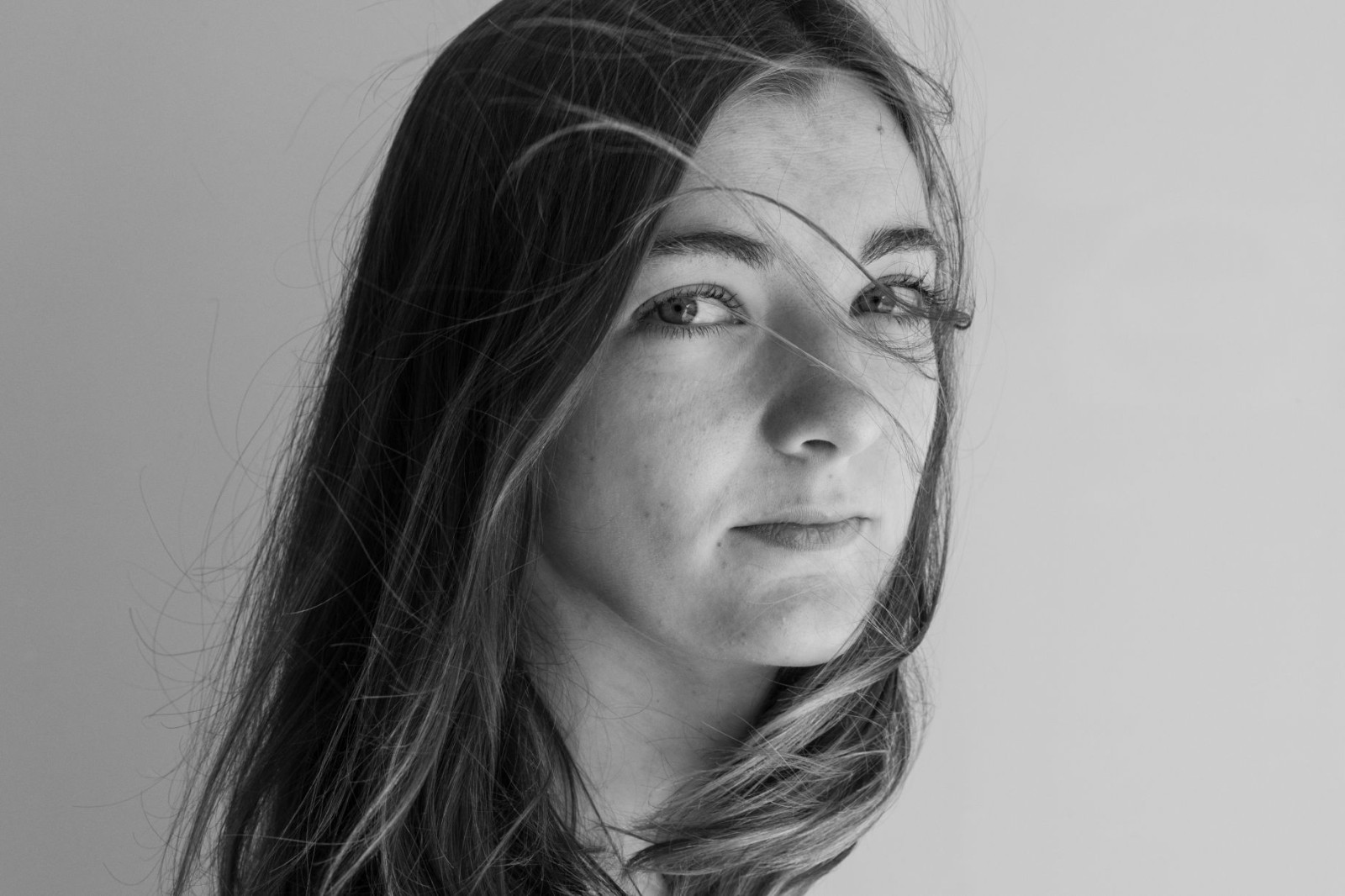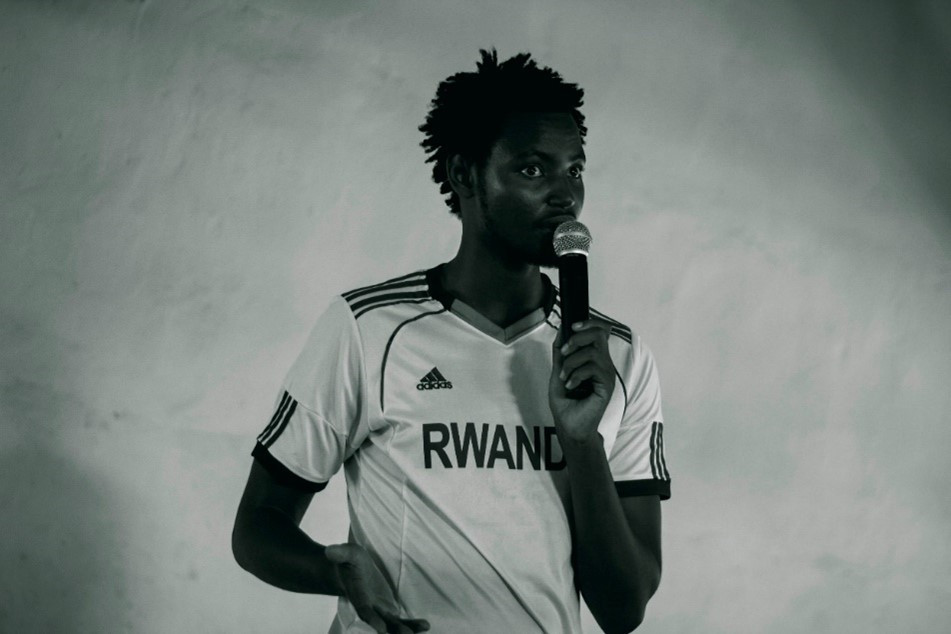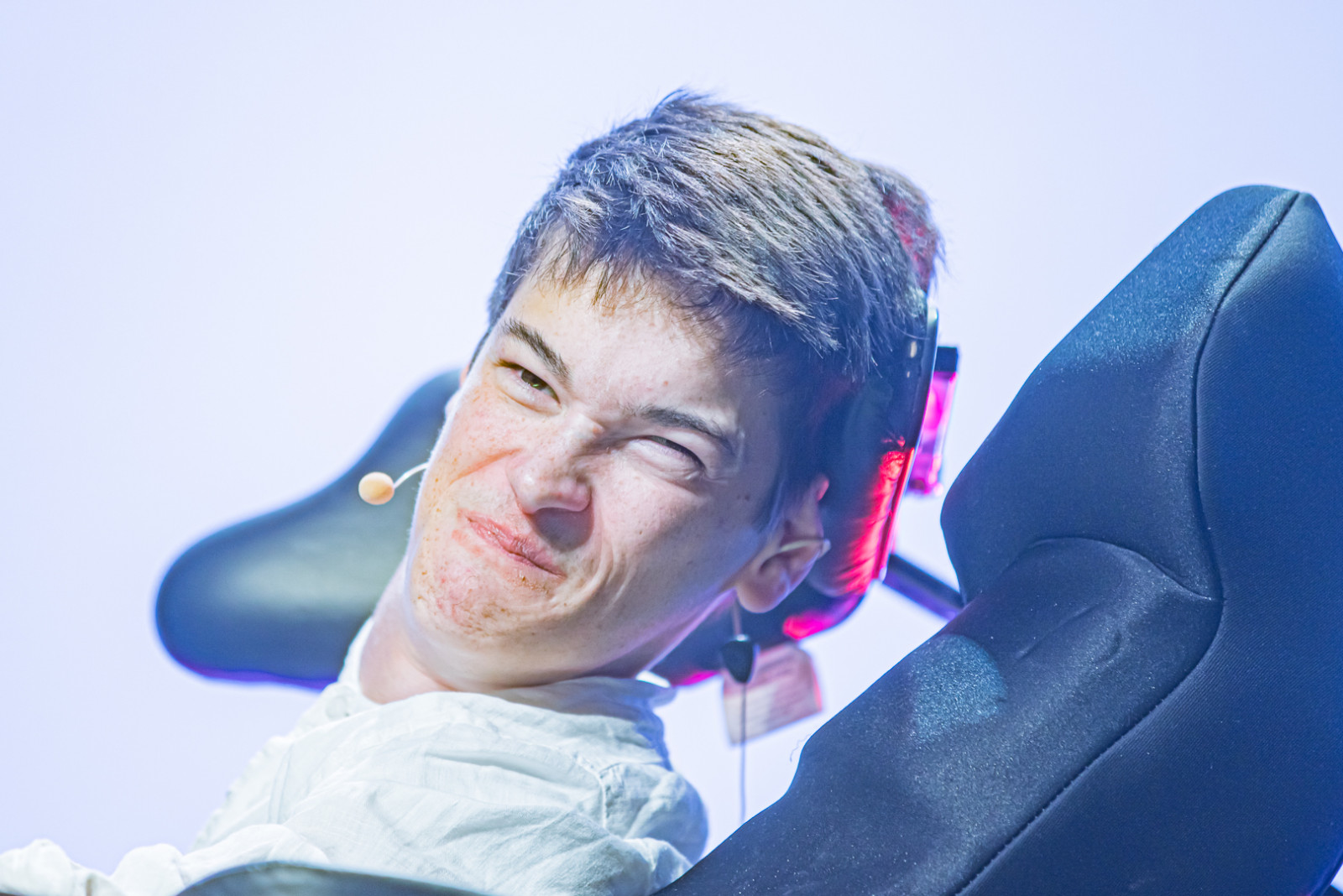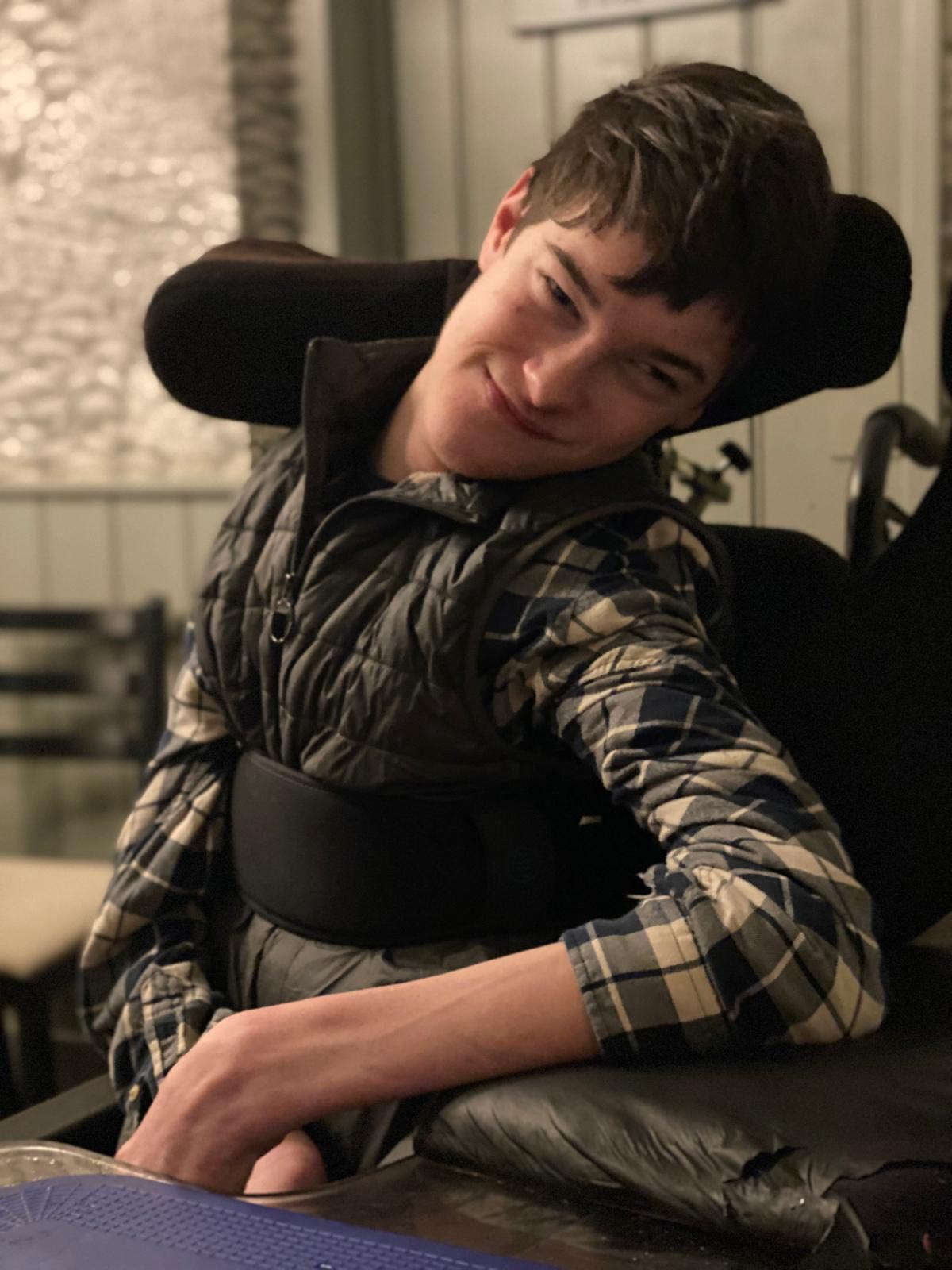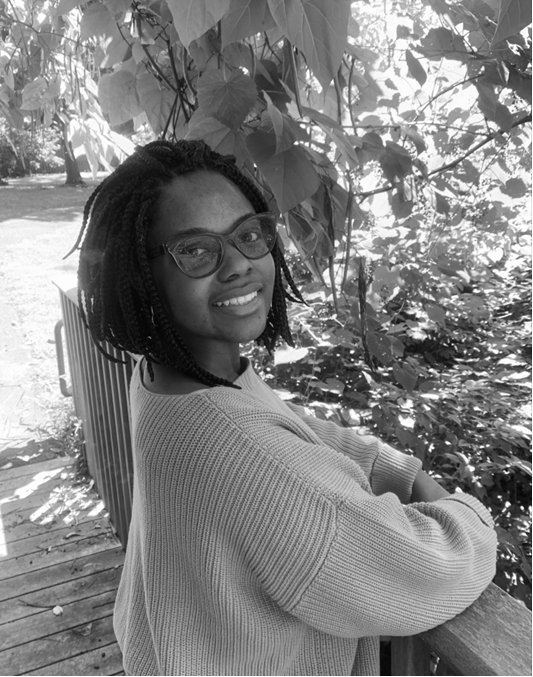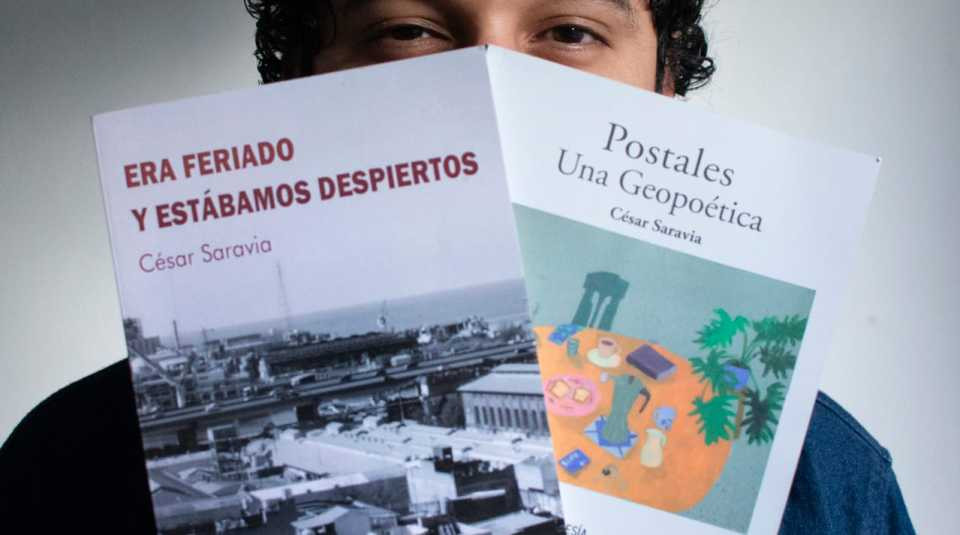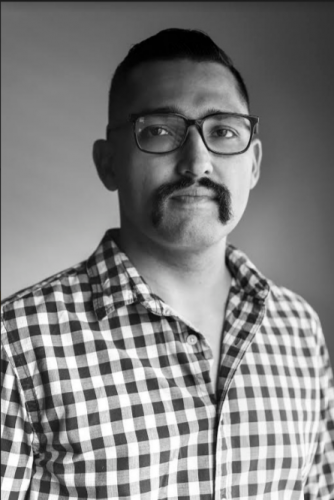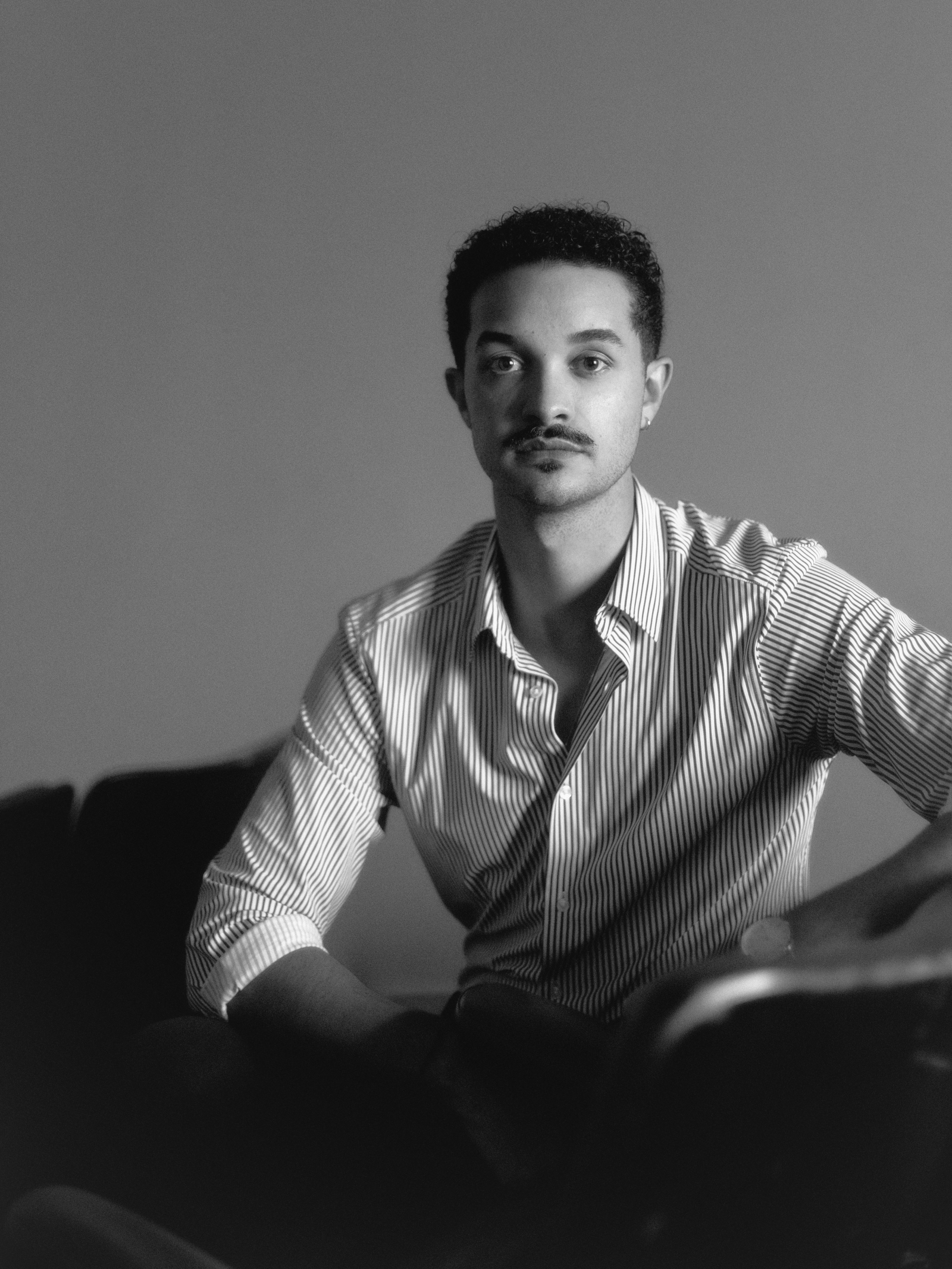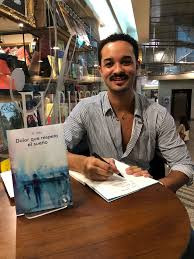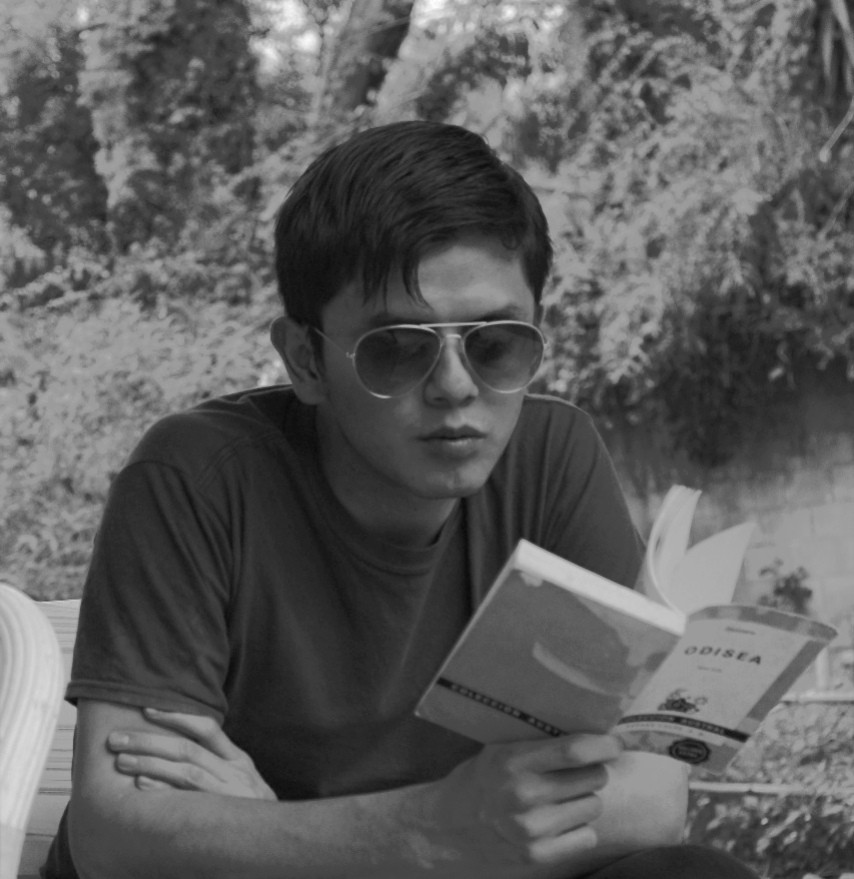English Translation
La paz es la única batalla que vale la pena librar.
Albert Camus
Houston, Houston, tenemos un problema:
ciento cuarenta y cuatro mil escaparon con el Cordero
y no dejaron huella en su éxodo.
No sabemos cómo lo hicieron, Houston,
pero tampoco podemos negar nuestra elegía:
donde haya inhumanos, habrá guerra;
donde haya humanos, habrá paz.
Lo sentimos, Houston,
pero desertamos por amor.
Ni los dólares ni las teologías
han llenado el abismo que heredamos.
Confirman que renunciamos al imperio.
Nos vamos.
Nos vamos hacia otra tierra,
donde el gato y el perro
no son enemigos,
mucho menos caníbales.
Vamos a un lugar donde no se exilian los amigos,
un cielo sin mar,
donde las montañas galopan como caballos libres
y un tiempo sin edad nos abraza
con la risa silvestre del infinito.
Houston, nos une el fuego.
Pero no el que destruye
sino el que alumbra en la intemperie.
Aquí los escritores no son dioses,
pero tampoco esclavos.
Son astronautas que se niegan a arrodillarse.
Puentes sin orillas,
idiomas sin fronteras.
A través de ellos,
la letra de DIOS germina
donde tiemblan los niños
y se ahoga el disidente.
Hablan una lengua
que jamás firma treguas con la violencia.
Houston, el apocalipsis dividió al mundo en dos:
uno que no conoce el día
y otro que jamás ha visto la noche.
Benditos los pies de quienes llevan la buena noticia:
Un poema puede desactivar misiles nucleares.
Un cuento puede salvar a su nación del olvido.
Una novela puede hacer tambalear a las monarquías.
Un ensayo puede abrir las celdas del alma.
Por eso, buscar reputación
es como hurgar comida
en los tarros de basura.
Houston, no nacimos para conquistar,
sino para sembrar luz
donde gobierna la sombra
y sus pulsiones de corrupción siniestra.
Díganles a los de la Casa Blanca:
Si el siglo XX fue el siglo del miedo,
el siglo XXI es el siglo de la indolencia.
Pero nosotros no seremos parte de su letargo.
Nos fugamos
y nos llevamos la esperanza.
Hemos adquirido un tercer ojo
y una tercera mano
que nos hacen avanzar
más allá de aquí.
ENGLISH
Houston, Houston, we have a problem:
One hundred forty-four thousand escaped with the Lamb
and in their exodus left not a trace.
We've no idea how they did it, Houston,
but neither can we disavow our elegy:
Wherever the inhumane are, there shall be war;
wherever the humane are, there shall be peace.
We're sorry, Houston,
but we defected for love.
Neither dollars nor theologies
have filled the abyss we inherited.
They confirm that we repudiate the empire.
We're leaving.
We're leaving for another land,
where the cat and dog
are not enemies,
let alone cannibals.
We're going someplace where friends don't go into exile,
a sea-less sky,
where the mountains gallop like wild horses
and ageless time embraces us
with the untamed laughter of the infinite.
Houston, we're united by fire.
But not the kind that destroys,
rather the one that offers a light in stormy weather.
Here, writers aren't gods,
but they aren't slaves, either.
They are astronauts who refuse to kneel.
Bridges without banks,
words without borders.
Through them,
the handwriting of GOD springs forth,
where children tremble,
and the dissident drowns.
They speak a language
that never signs truces with violence.
Houston, the apocalypse split the world in two:
One who knows not the day;
the other who has yet to see the night.
Blessed are the feet of those who bring good tidings:
A poem can disarm nuclear missiles.
A story can rescue its nation from amnesia.
A novel can cause monarchies to falter.
An essay can open the prison cells of the soul.
That's why chasing after fame
is like rummaging for food
in garbage bins.
Houston, we weren't born to conquer,
but to shed light
where shadows reign
and their inclination to dark corruption.
Tell them in the White House:
If the twentieth century was the century of fear,
the twenty-first century is the century of indifference.
But we shall not be part of its lethargy.
We escape
and take hope with us.
We have acquired a third eye
and a third hand
that propel us forward
far beyond this place.
— Translation from Spanish by D. P. Snyder
Biography - Biografía
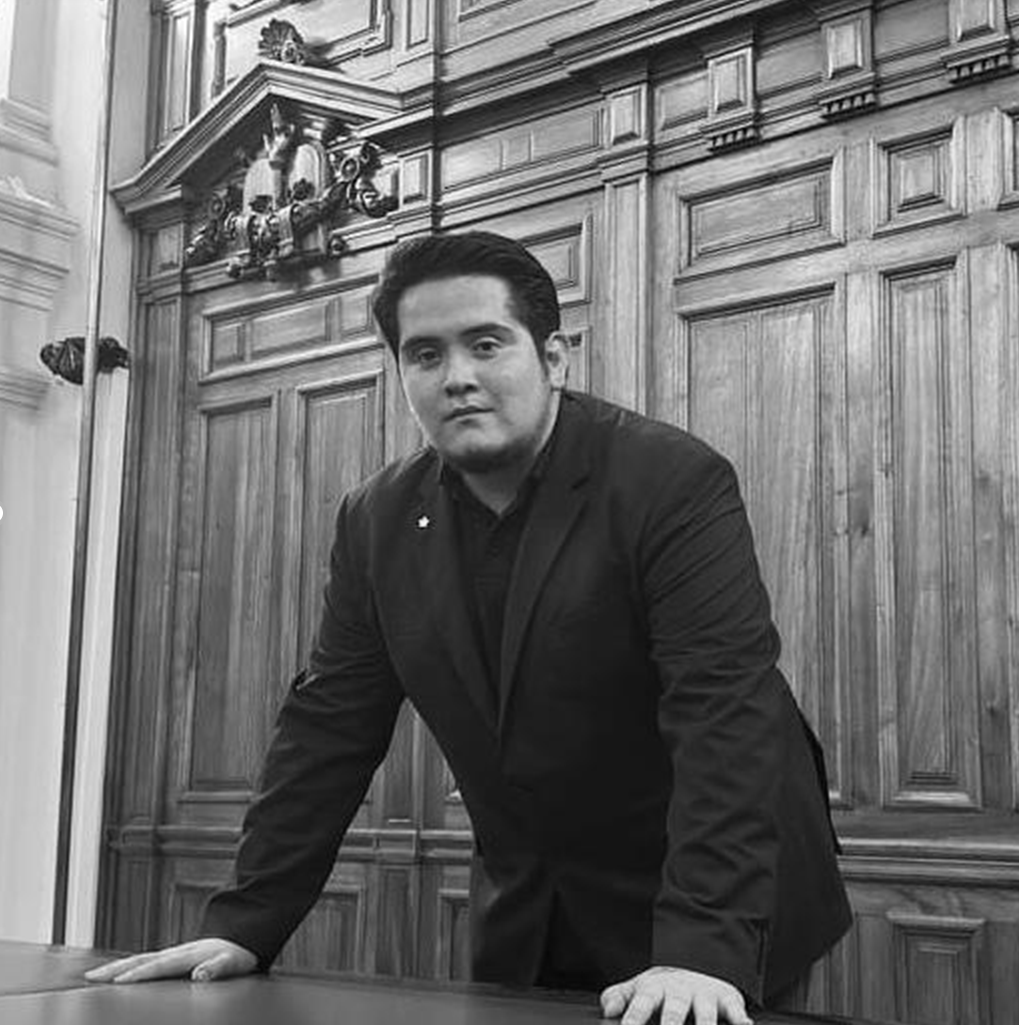
ESP. Patricio Leiva (Santiago, 1998) es psicólogo, escritor y filósofo chileno, egresado del Instituto Nacional y titulado en Psicología por la Universidad Academia de Humanismo Cristiano. Ha publicado tres poemarios —Metáforas de la montaña (2022), Ignífugo y Japón (2025)—, así como antologías sobre Borges y Pizarnik en 2023 y su autoantología poética, Psicodelia, en 2024. Actualmente es director de PEN Chile, miembro del Grupo Fuego de la Poesía y una voz destacada en el ámbito político-cultural, reconocido por instituciones como la Fundación Konrad Adenauer, Latinoamérica21 y WEXFO
ENG. Patricio Leiva (Santiago, 1998) is a Chilean psychologist, writer, and philosopher. He graduated from the Instituto Nacional and earned his degree in Psychology from the Universidad Academia de Humanismo Cristiano. He has published three poetry collections — Metáforas de la montaña (2022), Ignífugo, and Japón (2025) — as well as anthologies on Borges and Pizarnik in 2023 and his own poetic self-anthology, Psicodelia, in 2024. He is currently the director of PEN Chile, a member of the Grupo Fuego de la Poesía, and a prominent voice in the political-cultural sphere, recognized by institutions such as the Konrad Adenauer Foundation, Latinoamérica21, and WEXFO
